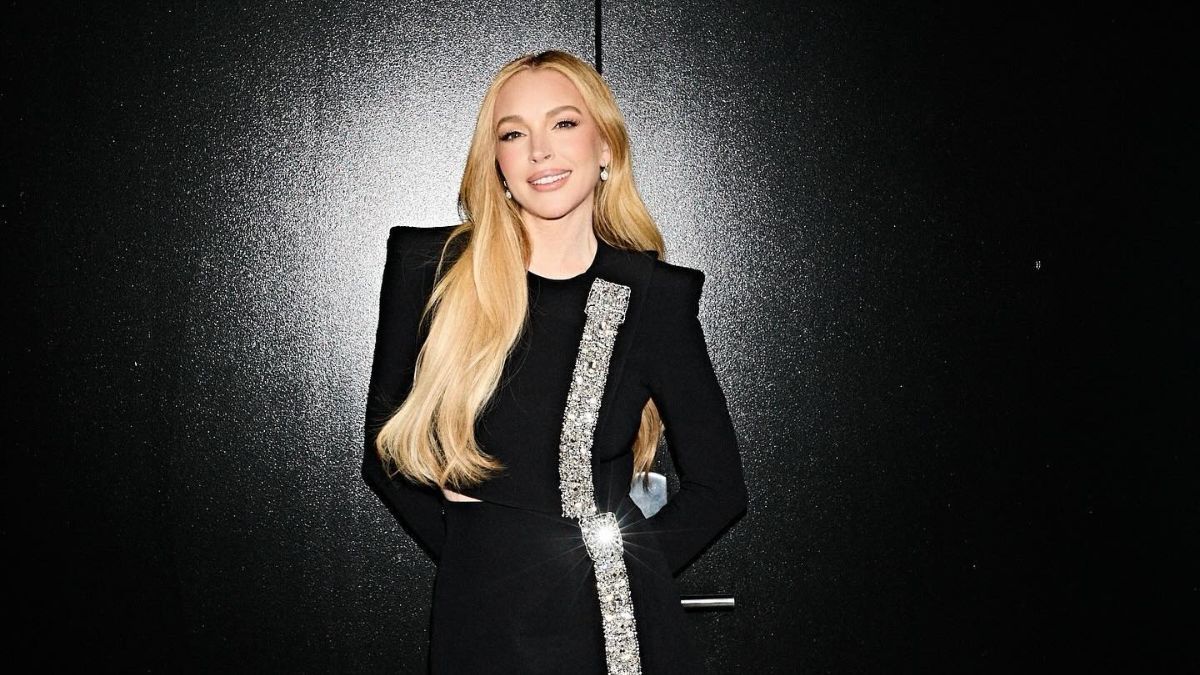 |
| photo credits: vogue / Yunlin Fang |
Ah, Le Bal des Débutantes 2024. The glitter, the gowns, the gobs of generational wealth—it’s like stepping into a fashion fairy tale where every character is either royalty, offspring of Hollywood royalty, or a combination of both. And let’s be honest, isn’t it just delightful to see these nepo babies strut their well-heeled selves in designer couture? It makes me want to rewind to my teenage years and make every gloriously wrong (and occasionally right) fashion choice all over again. Anyway, here’s my completely unsolicited, lovingly judgmental take on the crème de la crème of the evening:
 |
| hearstapps.com |
Apple Martin in Valentino
The daughter of Gwyneth Paltrow and Chris Martin (yes, Coldplay royalty), Apple Martin arrived in a powder-blue Valentino gown with a perfectly oversized black bow detail. This young starlet radiated grace while giving a subtle nod to her mother’s minimalist aesthetic. Accessories were kept understated—a diamond bracelet and sleek updo that whispered, “I was born into this.” She was, without a doubt, one of the evening’s best-dressed, proving that the Apple doesn’t fall far from the style tree.
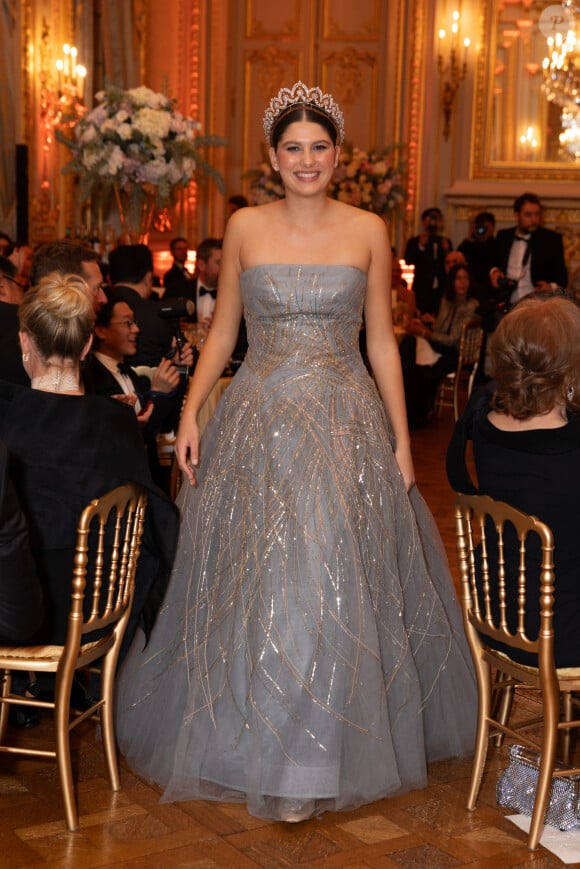 |
| photo credits: purepeople.com |
Princesse Eugenia de Bourbon in Carolina Herrera
As a direct descendant of French royalty, Princesse Eugenia de Bourbon has high expectations to meet—and while her muted Carolina Herrera gown aligned with her classic style, it felt a bit too safe. The soft taupe tone complemented her porcelain complexion, but the design lacked the drama we’d hope for from someone with such a regal lineage. Can we petition her to try a jewel tone next time?
 |
| dailymail.co.uk |
Ella Yam in Giambattista Valli
The granddaughter of Hong Kong media mogul Peter Lam, Ella Yam floated into the room in a flamingo-pink Giambattista Valli confection. The layers of organza and tulle cascaded like a bougainvillea in full bloom. Was it a lion’s mane mushroom? A fantasy floral explosion? Whatever it was, it worked. The look screamed couture opulence, accessorized with a diamond tiara and a confidence that said, “Yes, I know I’m stunning.”
 |
| yahoo.com |
Apollonie Halard in Schiaparelli
The Parisian socialite and daughter of architect Jacques Halard wore a vintage-inspired Schiaparelli gown that hit just the right notes. Its demure front contrasted with a subtly daring back detail, making it feel like a quiet rebellion against debutante traditions. Paired with pearl drop earrings and a relaxed chignon, Apollonie gave us “virginal in the front, Parisian nightlife in the back.” C’est parfait.
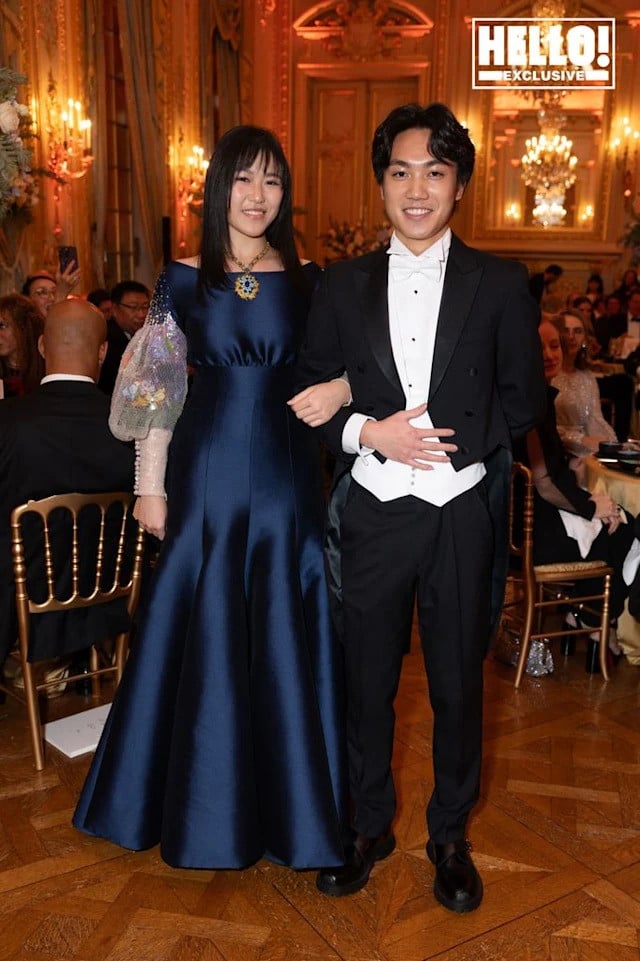 |
| tribune.com |
Angel Zhang in Alexis Mabille
The daughter of Chinese billionaires, Angel Zhang, sadly missed the mark in her Alexis Mabille gown. While the soft lavender hue was divine, the overall silhouette felt more “political gala” than “debutante ball.” It’s a pity because the craftsmanship was impeccable—but perhaps better suited for another occasion. Here’s hoping for a stronger sartorial showing next year.
 |
| dailymail.co.uk |
Countess Alienor Loppin de Montmort in Emmanuel Ungaro
Wearing her grandmother’s Emmanuel Ungaro gown, Countess Alienor brought vintage charm to the ball. The emerald-green satin dress shimmered under the chandeliers, but its slightly outdated cut raised questions: Was it intentional nostalgia or an emergency heirloom moment? Either way, the Countess carried it with a grace that made it work.
 |
| dailymail.co.uk |
Isabel Quirot de Poligny in Stéphane Rolland
A descendant of French nobility, Isabel chose a Stéphane Rolland creation that left me scratching my head. The structured bodice and minimalist silhouette were striking, but the sheer overskirt veered dangerously close to TikTok-casual. Her vintage Cartier jewelry deserved a more polished counterpart. Can someone hand her a little more fabric next time?
Lucia Ponti in Giorgio Armani Privé
Lucia, the granddaughter of iconic film producer Carlo Ponti, walked a fine line between vintage charm and Sephora employee realness in her Armani Privé gown. The intricate lace tulle overlay was exquisite, but the inner satin lining felt underwhelming. However, paired with bold ruby earrings and old-Hollywood curls, she still managed to impress.
Rysa Panday in Elie Saab
The Bollywood heiress and daughter of Chunky Panday kept things simple with a pastel gown that was sweet but forgettable. While the soft chiffon draping and pearl detailing were lovely, there was nothing particularly groundbreaking here. Sometimes, subtle works—but not always.
Olivia Meijer in Luisa Beccaria
A descendant of Dutch shipping magnates, Olivia leaned into quiet luxury with a pale blush gown and understated jewelry. The whole look was very “cottagecore goes couture.” Demure, delicate, and entirely appropriate for the occasion, though a touch more sparkle wouldn’t have hurt.
Madelyn Netto in Georges Hobeika
The Singaporean heiress channeled 1960s suburban glam in her Georges Hobeika gown. The intricate button details and A-line silhouette had a retro charm, but the look felt a bit costume-y for the occasion. Still, her warm demeanor and effortless poise made up for it.
Mina Muniz Tschape in Jean Paul Gaultier
With a background as vibrant as her dress, Mina, the granddaughter of a Brazilian artist, stunned in Jean Paul Gaultier. The gown’s corseted bodice and dramatic train were a masterclass in couture craftsmanship. Paired with gold filigree earrings, the look was both artistic and ethereal.
Oona Finch in Chanel
The daughter of literary royalty, Oona embodied coastal chic in Chanel. The neutral tones and woven textures of her dress evoked a sun-drenched beach, complete with straw accessories. It was breezy and beautiful, a refreshing departure from the more traditional ballgowns.
Sophie Kodjoe in Oscar de la Renta
The daughter of Hollywood royalty Boris Kodjoe and Nicole Ari Parker, Sophie’s Oscar de la Renta gown left me puzzled. Was it modern art or a textile experiment gone wrong? Either way, her confidence almost made me forget my confusion.
Peyton Spaht in Dolce & Gabbana Alta Moda
The American heiress stole the show in a campy, baroque Dolce & Gabbana masterpiece. Her bold red lips and dramatic jewelry amplified the gown’s maximalist aesthetic. Was her hair naturally that auburn hue? Either way, it was the cherry on top.
Sienna Galliene in Christian Dior
Sienna’s Dior gown was the epitome of understated elegance. The intricate embroidery and delicate emerald necklace made her look like she’d stepped out of a fairytale. If the Wizard of Oz saw her, he’d want his emeralds back.
Sofia Yadigaroglu in Iris van Herpen
Sofia, the daughter of a Greek shipping magnate, brought futuristic glamour in Iris van Herpen. The subtle shimmer of the gown revealed its intricacy up close. Muted yet mesmerizing, it was a quietly beautiful choice.
Cornelia Manou in Celia Kritharioti
Cornelia’s Celia Kritharioti gown was youthful, fun, and free—everything a debutante should be. She looked radiant, and her choice of dress perfectly balanced modernity with tradition. A fitting finale to a night of nepo-baby couture.
This year’s Le Bal proved yet again that lineage may open the door, but couture rules the room. Some debutantes dazzled, others fell flat, but all reminded us why this event remains the ultimate playground for high-society fashion. Until next year—au revoir!
- FASHION DOOHICKEy




:max_bytes(150000):strip_icc():focal(749x0:751x2)/justin-baldoni-blake-lively-ryan-renoylds-taylor-swift-011625-8880e7f0b0f1424ba07ce446834f1baf.jpg)

.png)













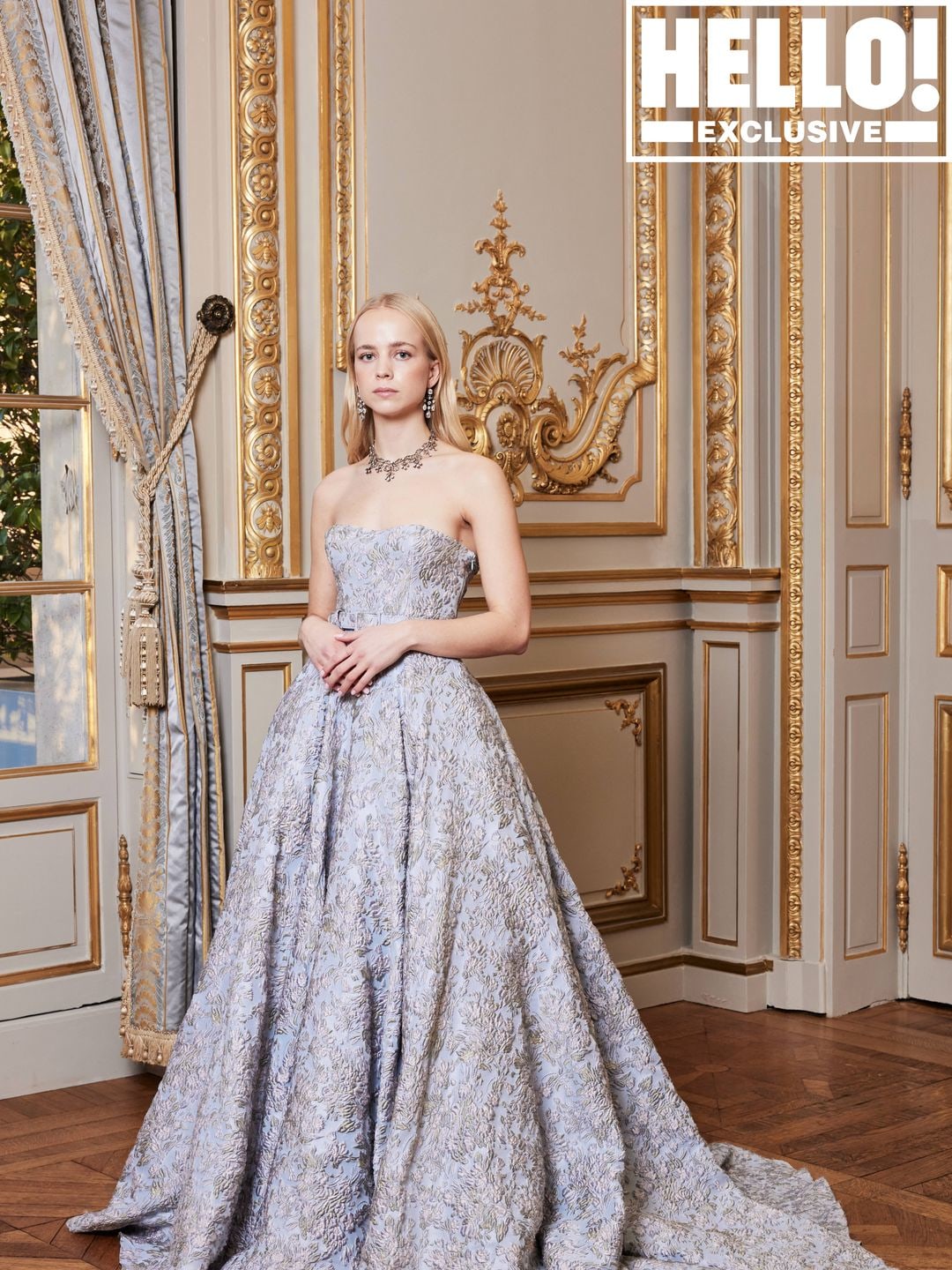
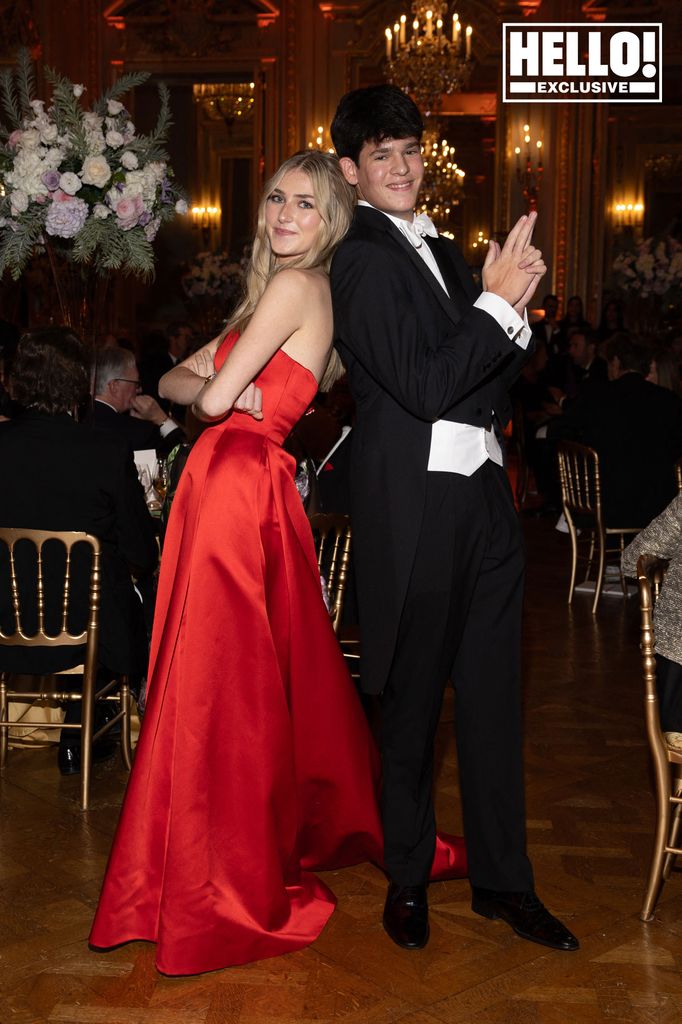

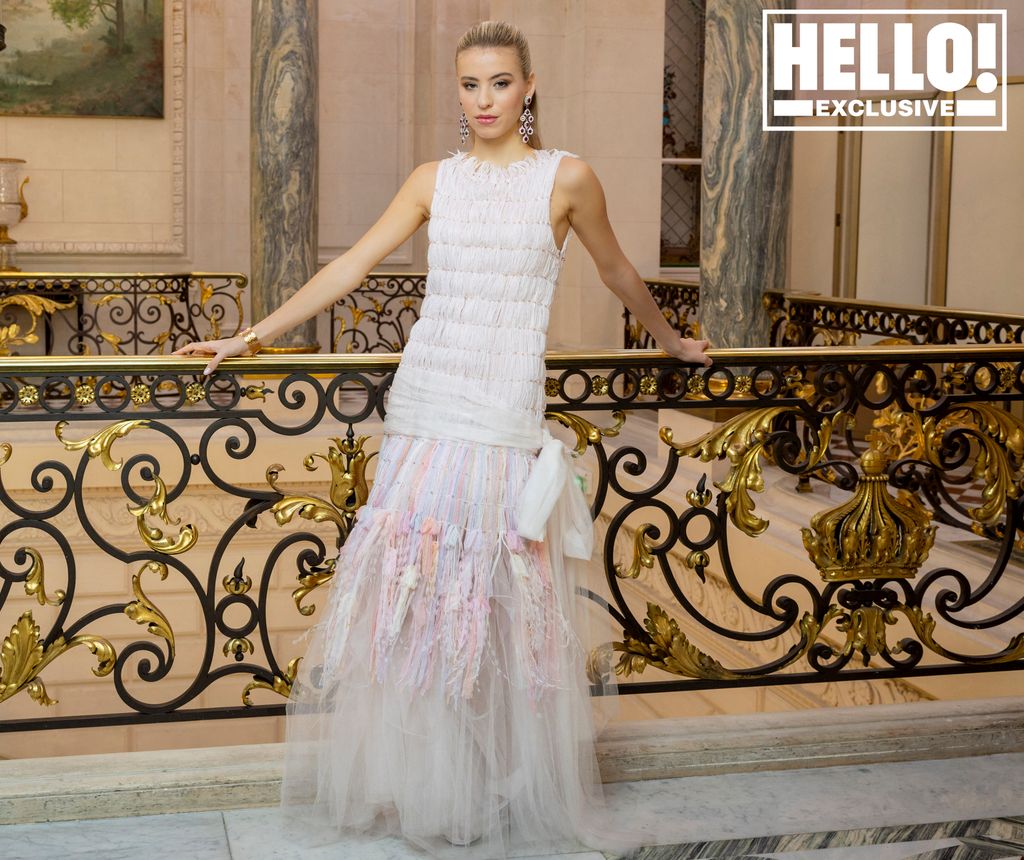


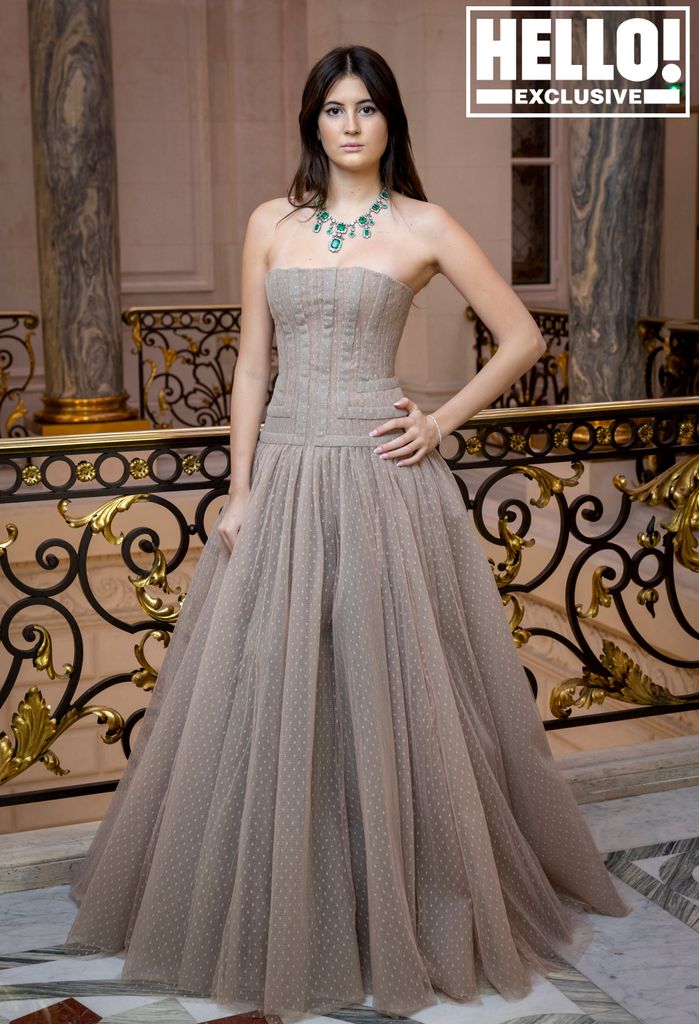



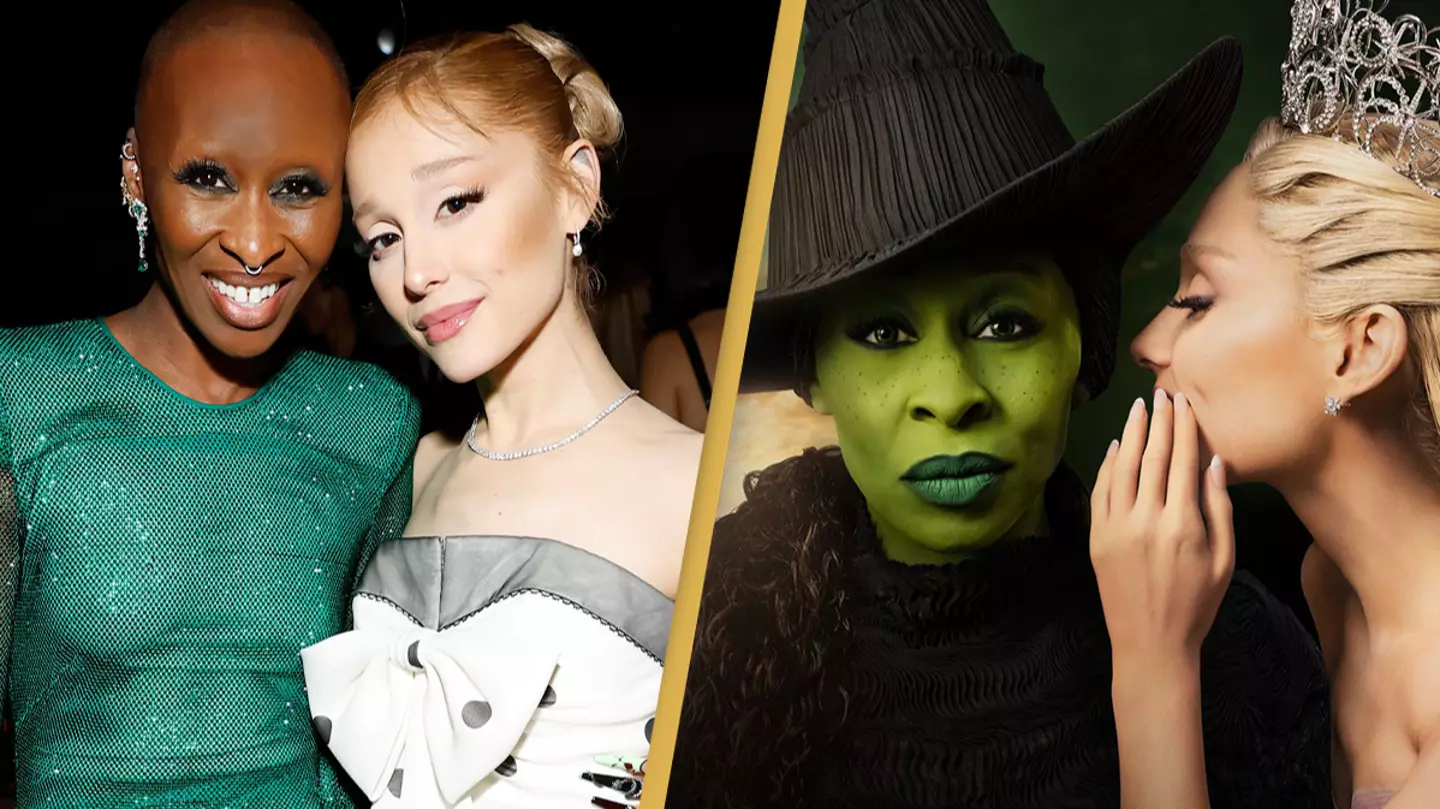
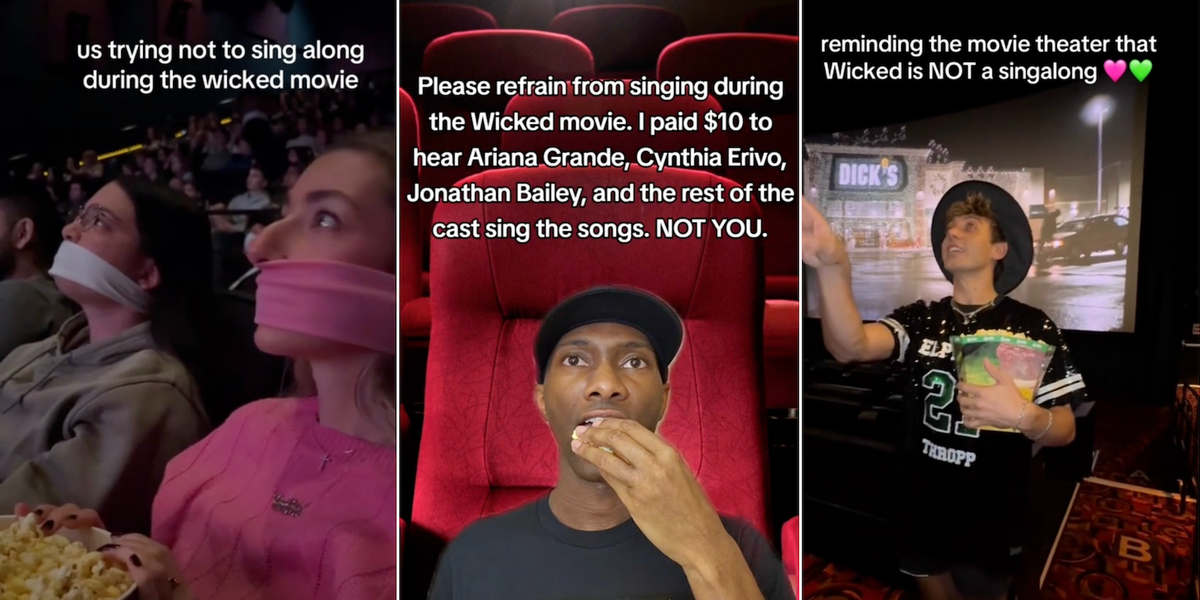

:max_bytes(150000):strip_icc():focal(999x0:1001x2)/wicked-wizard-cynthia-erivo-ariana-grande-112024-fb555c10645c42319b5c000883b241f7.jpg)

:max_bytes(150000):strip_icc():focal(999x0:1001x2)/lindsay-lohan-112724-8f2738311e2c4d25899ffeb16bf99428.jpg)


